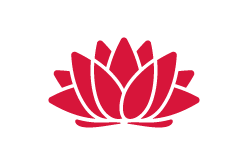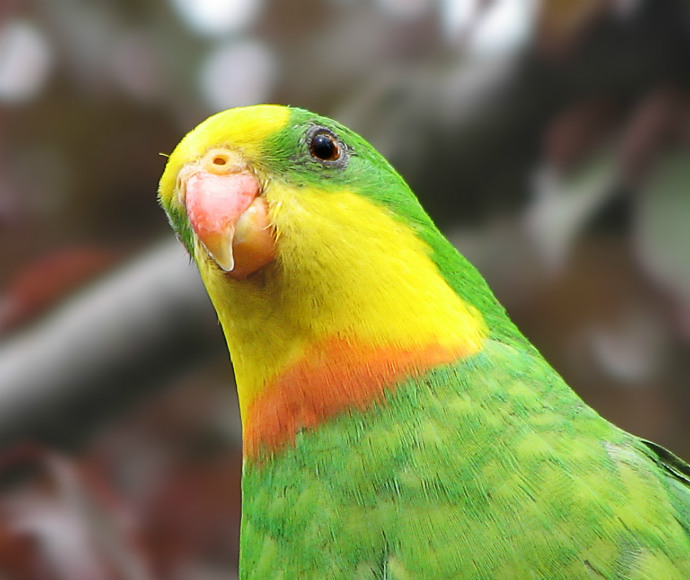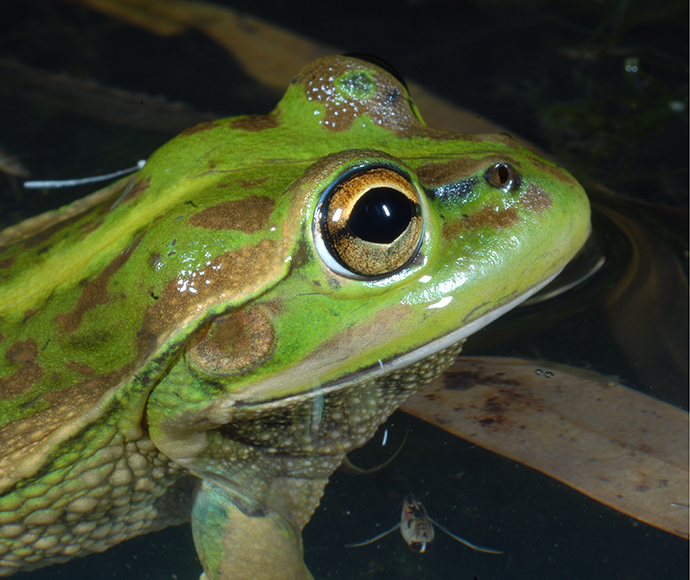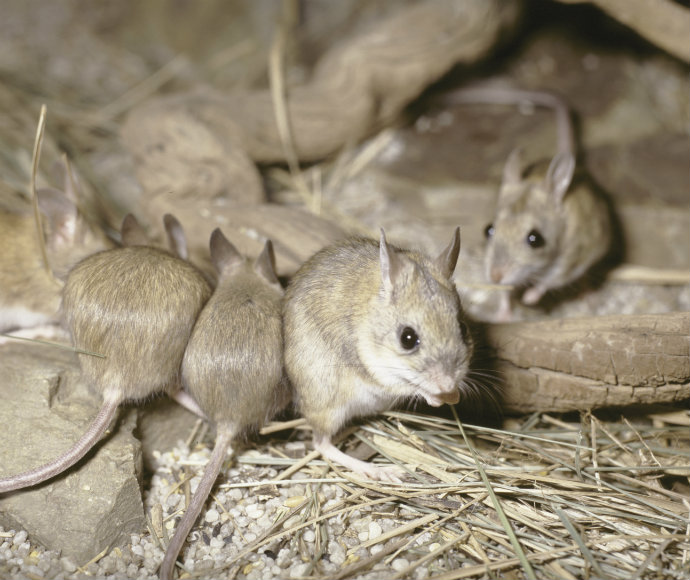Search
Licences to commercially trade in native animals | Licences and permits
You need a licence to buy, sell or trade live native animals on a commercial basis.

Apply for a scientific licence | Licences and permits
A scientific licence is a type of Biodiversity Conservation licence. There are several classes of scientific licence for various activities. Find out how to apply for a scientific licence, details you need to include and how to report and upload data.

Scientific licences | Licences and permits
The Department of Climate Change, Energy, the Environment and Water may grant a licence to persons or organisations to carry out research, surveys, educational or conservation related activities.

Protected native plant licences | Licences and permits
Licensing helps regulate the cut-flower and whole-plant industries to sustainably harvest and cultivate protected native plants for sale.

Bird keeper licences | Licences and permits
In New South Wales, some native birds bred in captivity can be kept as pets, as long as you have a licence. Forty-one species of native birds bred in captivity can be kept as pets without a licence.

Birds you don't need a licence to keep | Licences and permits
There are 41 native bird species you can keep in New South Wales without a licence. You also don’t need a licence to keep exotic (non-native) bird species.

Frog keeper licences | Licences and permits
Some native frogs bred in captivity can be kept as pets in New South Wales, as long as you have a licence.

Buying and caring for frogs and tadpoles | Licences and permits
Native frogs such as tree frogs and ground frogs need special care and can only be bought from licensed animal keepers.

Mammal keeper licence | Licences and permits
Two species of native mammal can be kept as pets in New South Wales as long as they have been bred in captivity and you have a licence.

Protecting native mammals | Licences and permits
Native mammals like kangaroos, quolls and sugar gliders cannot be kept as pets in NSW. Native mammals have special needs and do not thrive in confined domestic environments.
